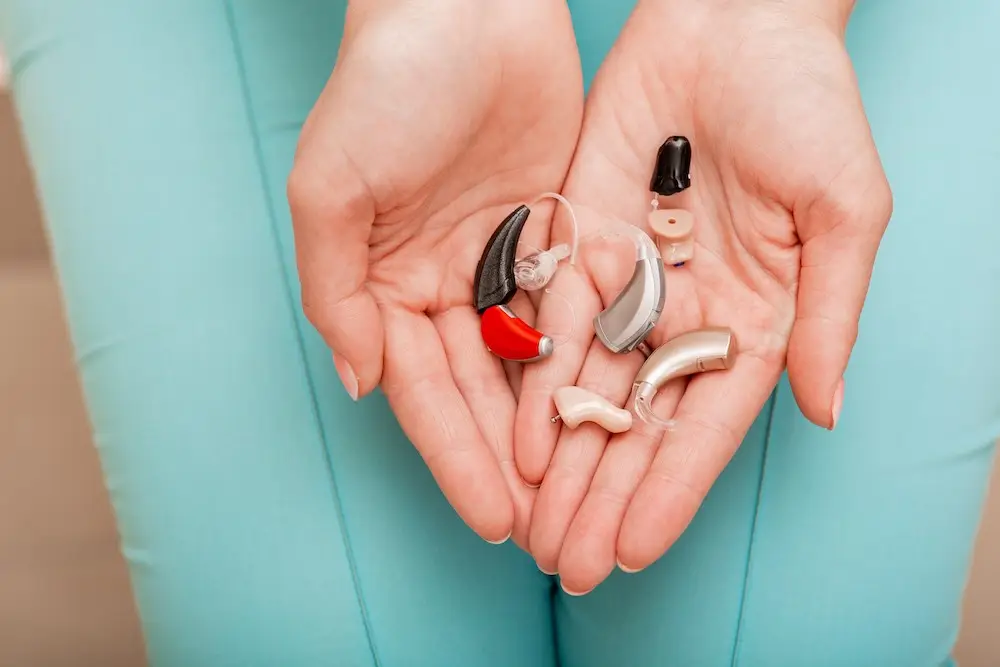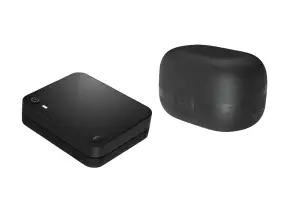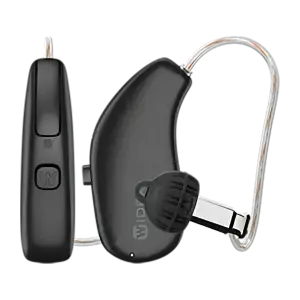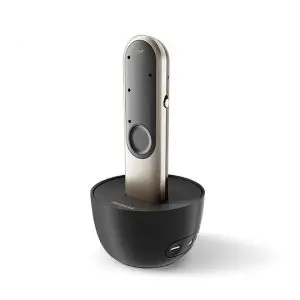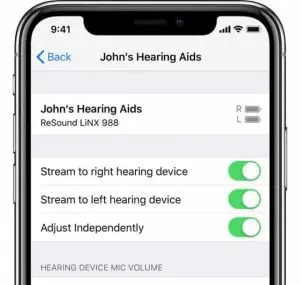Buying hearing aids is a big decision. With so many options, features, and price points, it can feel overwhelming to know where to start. To help you feel confident in your decision, here are the top 10 things to know before you buy hearing aids.
1. Choice Matters: Test Drive Different Brands and Models
Not all hearing aids sound the same, and what works for one person may not work for another. Different brands have their own “sound signature”. Some may sound sharper, others warmer or more natural. Choosing hearing aids is a lot like choosing a car, each brand and model feels and drives a little differently, and your preference is subjective. That’s why we believe it’s so important to demo or “test drive” multiple brands before you commit. This way, you can hear the differences for yourself and decide what feels best for your lifestyle.
2. Hearing Aids Are Not One-Size-Fits-All
Your level of hearing loss, ear shape, lifestyle, and personal preferences all impact which hearing aid will be the right fit. Working with a provider who listens to you, tailors your devices, and explains why a certain model may suit you better than others, makes a huge difference in your outcome.
3. Beware of Medicare “Discount” Networks
If you’re on Medicare, you’ve probably seen offers for hearing aids through third-party networks. Important: these are not true insurance benefits. Instead, they’re discount hearing aid networks, often with limited provider options and less reliable service. If you’re not on Medicare, it’s still worth checking your insurance coverage, you may have a real benefit you didn’t know about.
4. Don’t Skip Accessories
Hearing aids alone can do a lot, but accessories like TV streamers, remote microphones, and smartphone apps can take your hearing experience to the next level. They can help in noisy environments, improve phone conversations, and make watching TV more enjoyable without blasting the volume.
5. Follow-Ups Are Just as Important as the First Fitting
Buying hearing aids isn’t always a “set it and forget it” purchase. Your brain and ears need time to adjust, and your devices may need fine-tuning. A good provider will schedule follow-up visits to make sure your hearing aids fit well, sound clear, and meet your everyday needs.
6. Comfort and Fit Make a Big Difference
Even the best hearing aid won’t help if it isn’t comfortable to wear. Your provider should ensure that the device feels good in your ear and doesn’t cause irritation. Comfort also means the right balance between sound quality and background noise control.
7. Your Provider Matters as Much as the Device
Two people could buy the exact same hearing aid but have very different experiences based on the care they receive. Look for a provider who takes the time to listen, explain, and adjust settings to fit your needs. A trusted professional can make the process smoother and the results far better.
8. The Sooner You Start, the Better the Results
Waiting too long to get hearing aids can make it harder for your brain to adapt to hearing certain sounds again. Research shows that people who treat hearing loss sooner have better outcomes, including improved communication, reduced listening fatigue, and even long-term cognitive benefits.
9. Technology Keeps Improving
Modern hearing aids are essentially tiny computers in your ears. They now feature Bluetooth connectivity, rechargeable batteries, automatic noise adjustments, and even AI-driven sound processing. Ask your provider about the latest technology and how it may benefit you.
10. Consider Bringing a Family Member Along
Hearing aids don’t just affect you, they affect the people around you too. Bringing a spouse, child, or close friend to your appointment can be extremely helpful. They can:
- Provide another set of ears to remember instructions
- Learn how to support you in adjusting to your hearing aids
- Better understand what you’re experiencing with your hearing loss
Hearing is social, and including a loved one in the process can make the transition smoother for everyone.
Bottom line:
Buying hearing aids isn’t just about picking a device, it’s about finding the right solution for you. From trying out different brands to including your family and choosing the right provider, the more informed you are, the better your investment will be.

